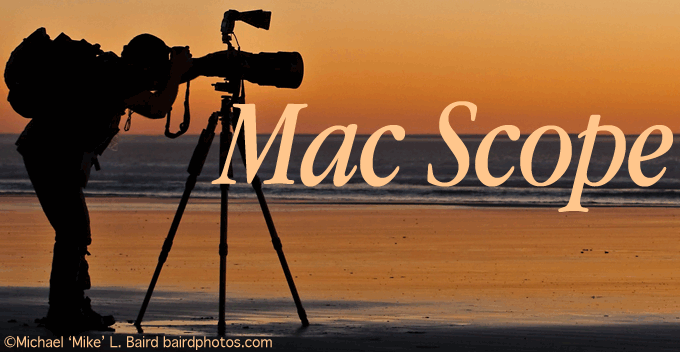2002: Apple’s recent purchase of Emagic adds another niche heavyweight to its growing list of acquired software companies. Now, to be completely honest, I’m not an expert in the field of sequencing software. From what I can gather, though, Emagic is a popular sequencing program with a strong Mac following.

Apple also announced that it would discontinue support for the Windows version of Emagic, alienating about one-third of Emagic users.
Good news or bad?
That depends on which side of the fence you’re on.
For Apple lovers, this is good news. It means Apple now owns an excellent software package, guaranteeing support for the Mac version. It can also be considered a carrot that will draw more users to the Mac platform.
Love Emagic for Windows? You’ll have to switch if you want to keep enjoying it. For Emagic’s Windows users, this is a real problem. They will either have to learn a new software package or bite the bullet and spend a fair chunk of change to buy a Mac.
I’m personally indifferent to how this shakes out. I don’t use sequencing software and don’t know anybody who does. I do, however, think that Apple can go too far with its purchases. If Apple keeps it up, they will be going the route of Microsoft: Buying promising companies and integrating them with their operating system.
While it’s true that the iApps suite isn’t as integrated as the joined-at-the-head style championed by Microsoft, it may eventually get to the point where some lawyers may start looking Apple’s way. Alienating potential users is also a bad idea.
Of course, Apple has to walk a thin line here. On one side, they want the Mac to be appealing to new and current users. On the other, they can’t afford to come off as a heavy-handed technology company that enjoys sticking it to the Windows community.
From another (very odd) angle, there can also be a lesson learned. By limiting people’s choices in some markets, folks get a chance to see what it’s like to be a minority computer user. This, in turn, might spur them to consider the value of alternatives to Microsoft. While they may have looked upon Apple’s market problems with disinterest in the past, firsthand experience of losing a valuable software application because of “market demands” can be a real eye-opener.
Perhaps the most potent aspect of the purchase of Emagic is the drool-worthy aspect that Apple tends to create in the marketplace. Apple’s cool designs and functional software keep it in the spotlight. And while I don’t think too many people have crossed over because of iTunes or the iPod, you can be sure that many more people have heard of Apple since the iMac was introduced some years ago.
Mindshare is a great thing. And Emagic will almost certainly add to Apple’s allure.
Update: Apple changed the software’s name to Logic Pro, which later became the foundation of Logic Express and formed the core of GarageBand.
keywords: #emacig #logicpro

